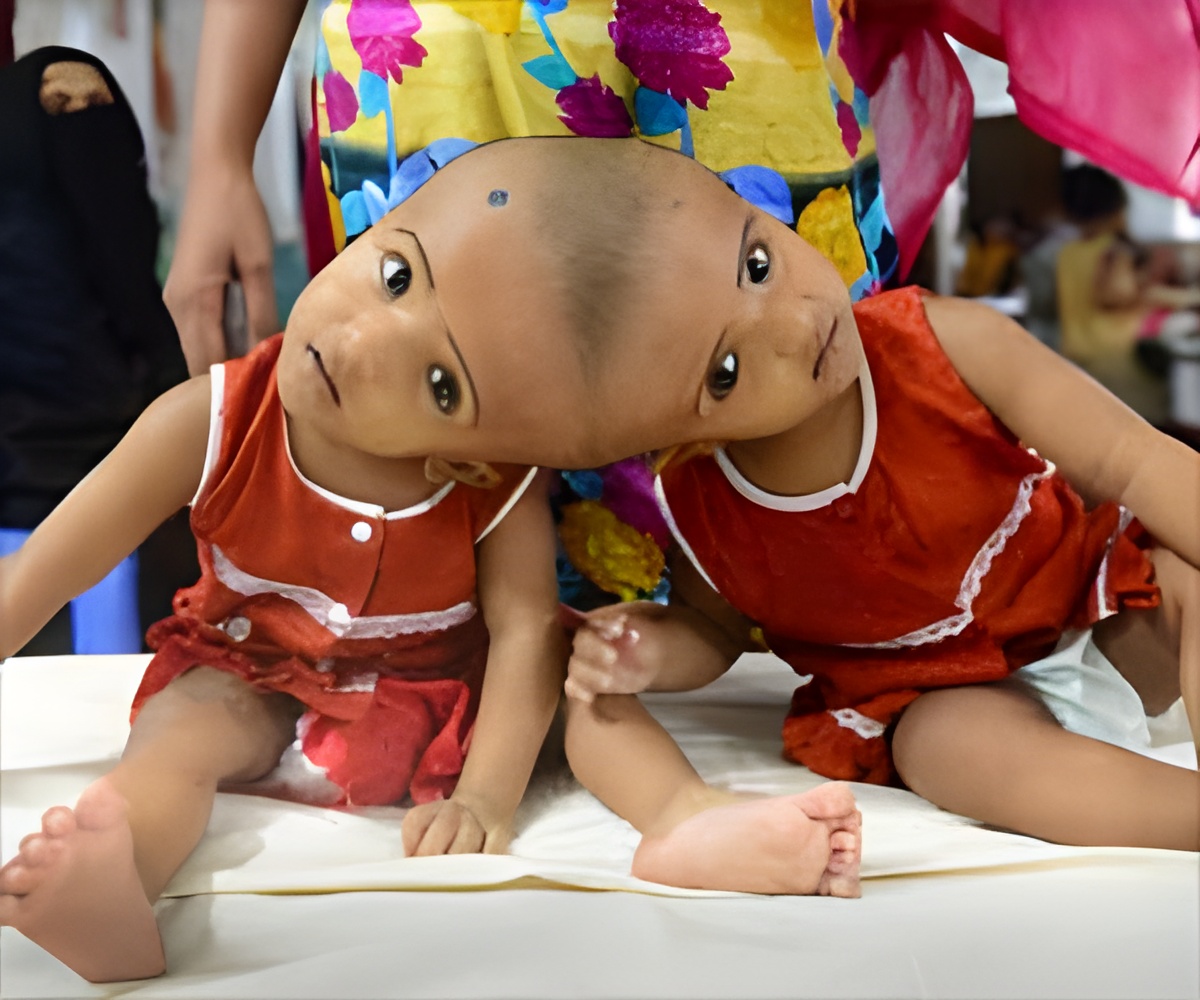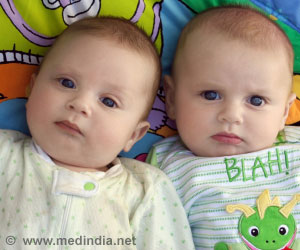Bangladeshi twins born conjoined in the head have been separated and are now stable due to a series of unique surgeries performed by Hungarian doctors.

‘The Hungarian team of doctors operated Bangladeshi twins born conjoined at the head. The twins were separated by a marathon 30-hour surgery to separate skulls and brains.’
Read More..




The ADPF, a Hungarian charity, was started in 2002 by Surgeon Csokay, and plastic surgeon, Gergely Pataki to provide free surgery to people who could not afford in Hungary and abroad. ADPF has conducted more than 500 reconstructive surgery operations in Asia and Africa, including the Rohingya Muslim refugees in Bangladesh.Read More..
The Bangladeshi twins suffered from a rare embryological disorder affecting an estimated one in every five to six million births. Surgeons had given only 50 percent chance of both the twins surviving, prior to the surgery. This is because, according to ADPF, only a handful of twins conjoined in the head could be separated successfully.
Initially, the skulls and brains of the twins were separated at Dhaka's Combined Military Hospital. The shared blood vessels of the twins’ brains were separated in a 14-hour operation.
Subsequent to this, the team covered the wound areas with soft tissues generated by a tissue expansion process. For this second six-month-long phase the twins moved to Budapest, Hungary. The doctors inserted a Hungarian-designed implant system to expand the scalp and soft tissues in their heads. During the six-month-long period, 40 plastic surgical interventions were done. This involved filling up of expanders, bandage change, laser treatment to regenerate wound. Ingenious virtual 3D animation software was used to map the two brains.
The team that took care of the twins involved ADPF neurosurgeons, plastic surgeons, anesthesiologists, radiologists, and pediatricians.
Advertisement
The twins returned to Dhaka, stable after the final separation.
Advertisement










